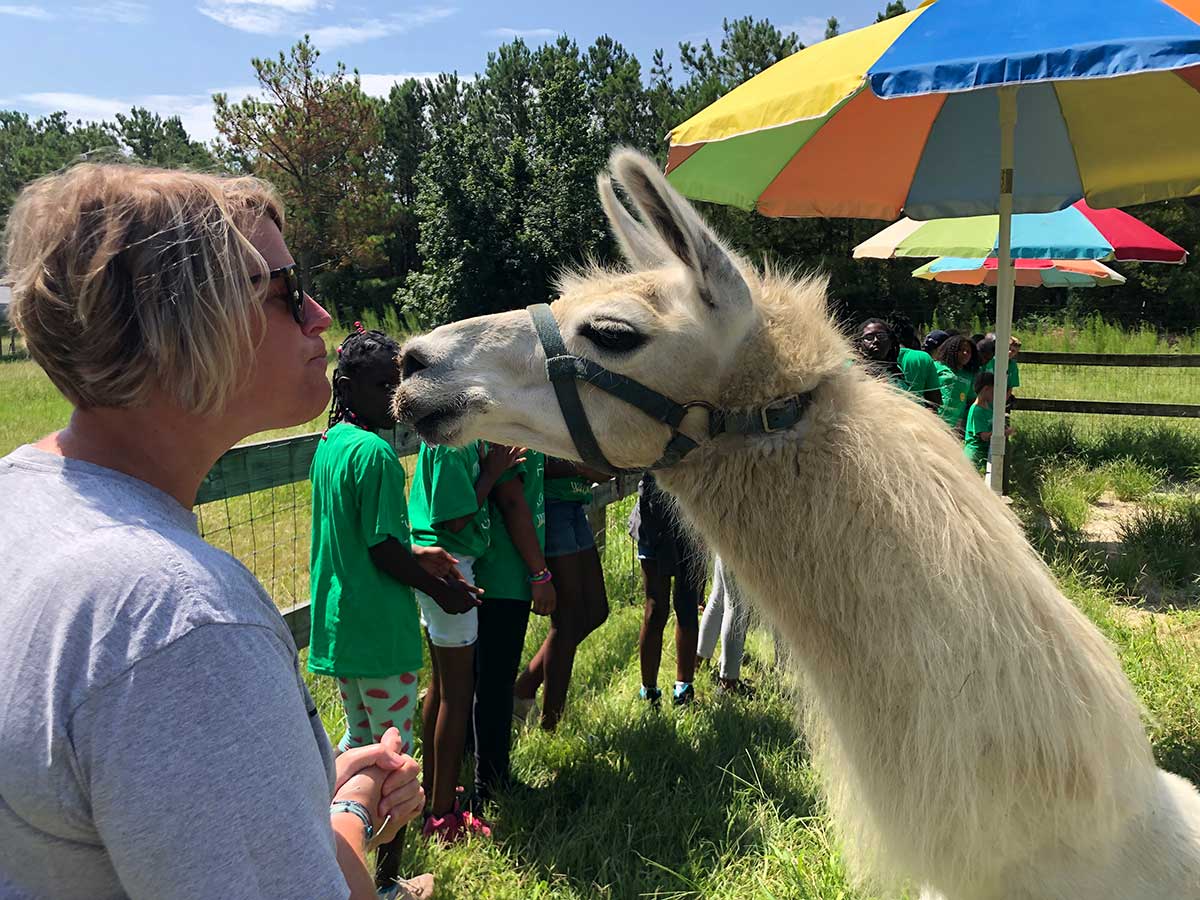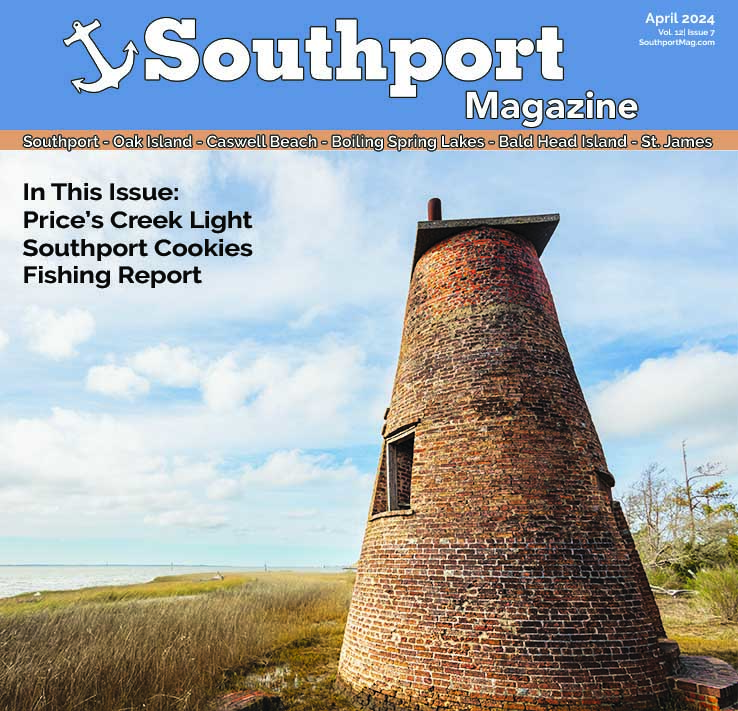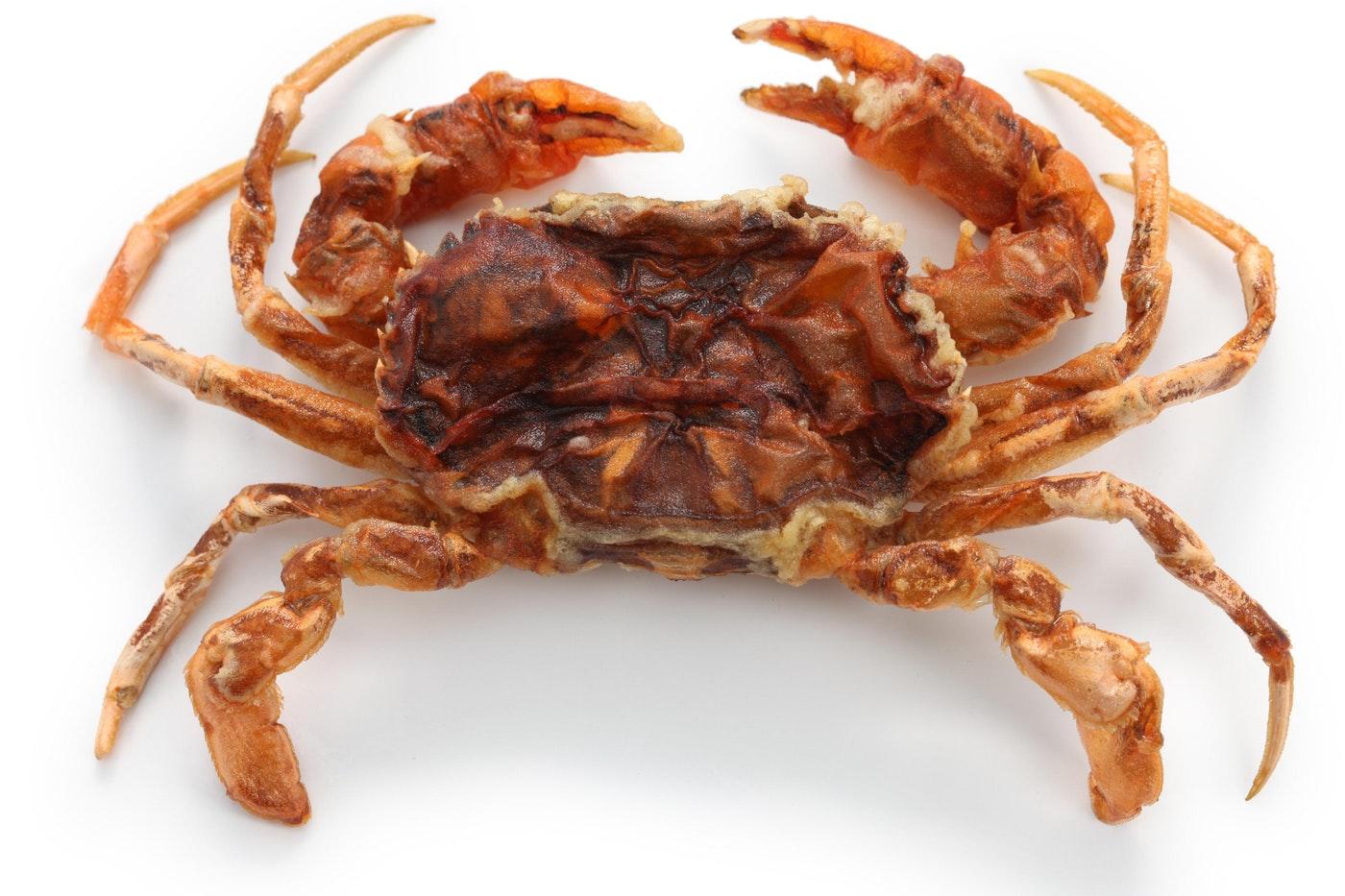Hoofin’ it for Good

Pets like dogs and cats need our love and attention. The folks at Greenlands Farm in Bolivia have grown that circle of care to include farm animals. Maud Kelley is President and an educator with HOOF, Helpers of Our Farm. The non-profit program accepts animals in need of sanctuary, and folds them into educational programs and tours.
Currently, the farm is home to a horse named Junior, a pony named Rupert, a goat named William, Coleman the llama, four rabbits (Smokey, Levi, Norman, & Samson), three pigs (Pinky, Pepper, and Petunia), ducks, and chickens. HOOF got its start in 2011 as a rescue petting farm. Kelly said she saw a need for animal education in Brunswick County, and that’s a main focus of the program.
Miniature goats, a lamb and a miniature cow participate in a variety of educational programs, even taking their act on the road for parties and functions, and tours of the farm. The HOOF mobile farm “brings farm animals, animal science and the wonders of our environment to you,” according to the program’s website, http://www.hoofnc.org. Tours of the animal sanctuary become an outdoor classroom of sorts, and the mobile petting zoo brings three to five animals to your location, a fun time for everyone. HOOF also participates in farm parties held at the farm, at 668 Midway Road SE. Call 910-253-7934 for more information about HOOF’s programs.
So who is the star of the show? Kelley said it’s Coleman the llama.
“He has beautiful doe eyes and as llamas are all the rage right now, he gets a lot of attention,” Kelley said. “Everyone thinks he’s known for spitting — he’s only done that once and it was for a good reason…llamas don’t want their rumps touched while they go potty — but if you really get to know him you’ll notice how curious he is to meet new faces.” Kelley said Coleman might just sniff at people around him, but that’s okay. She said that even if an animal isn’t comfortable with petting, people can still learn about the animal’s curious nature and have an up-close, “nose-to-nose encounter.”
Kelley said that Coleman didn’t get a lot of petting before he came to their farm, so that’s one of the things they’re working on with him. Once the farm takes in an animal, the HOOF program volunteers first let the animal relax and get used to life at their farm. Kelley said they focus on careful handling and gently exposing them to new environments.
“Even when a new animal comes,” she explained, “depending on their comfort level, we just allow viewing instead of petting them. Animals tell you what they are comfortable with if you listen. We do a lot of listening.”
Educational programming includes sessions on animal husbandry (how to care for farm animals), tying into ownership responsibility and animal kindness.
“We believe this education will help people understand animals better and hopefully create a kinder and more knowledgeable society, reducing abuse, neglect, and the need to re-home. If you are educated on being a responsible owner and what care is needed for an animal, you are more likely to understand your animal and provide a lasting and loving home for it,” Kelley said.
Kelly also said she just loves watching children’s faces when they first meet one of the animals.
“Combining education and up-close experiences is amazing to see from the other side of the fence,” she said. “I just love watching people learn and grow.”











Leave a Reply